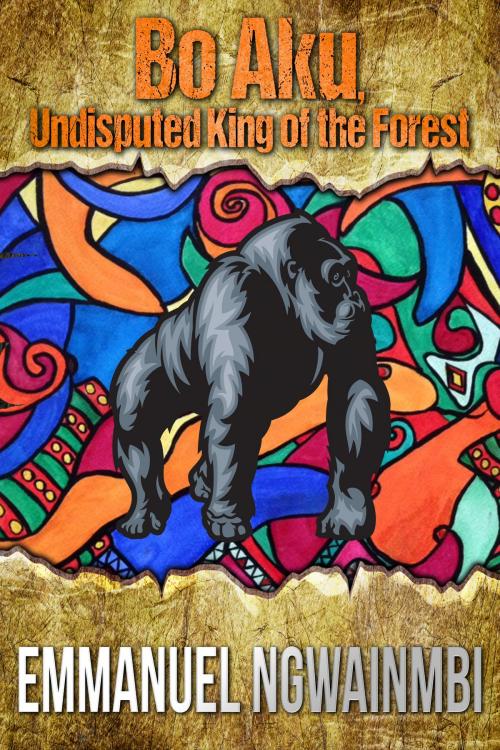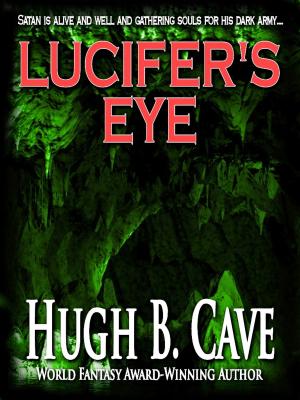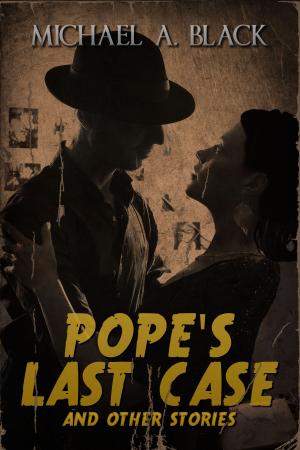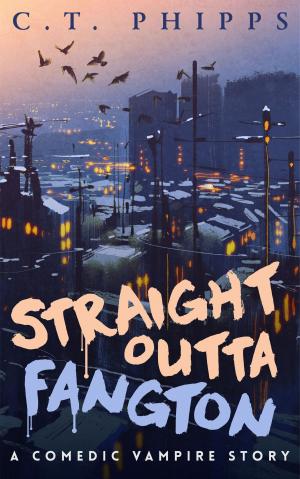| Author: | Emmanuel Ngwainmbi | ISBN: | 6230000001037 |
| Publisher: | Crossroad Press | Publication: | November 19, 2014 |
| Imprint: | Language: | English |
| Author: | Emmanuel Ngwainmbi |
| ISBN: | 6230000001037 |
| Publisher: | Crossroad Press |
| Publication: | November 19, 2014 |
| Imprint: | |
| Language: | English |
Bo Aku, King of the Forest and other Stories is an adaptation of some sixty myths and legends collected in Africa with a research grant from the Southern Education Foundation. The stories describe the experiences of children and parents confronted by a gorilla and lion in the African jungle. They are eclectic, rich in moral values, humorous, suspenseful, and contain wisdom. They seek to enlighten the reader about Bantu African mythology and other ways of reasoning. They open the door to an enchanted universe where the child learns that every evil phantom has its opposite that is more powerful and worth imitating. The legends and folktales are set against the backdrop of Bantu culture, steeped in mysticism and logical reasoning that date back to the 12th Century A.D., when interdependent villages existed in the grasslands and mountains of the black tribes in the Benue and Adamawa regions, a part of what is known today as West Africa. Chad, Gabon, Nigeria, Benin, Senegal, Ivory Coast, and Mali are among the twenty-two countries in northwest Africa. The Kingdom of Ba, situated in the northwestern Africa has a diverse and rich culture. Events, dates, and artifacts bear special meaning to the people. Story telling is a centuries-old family-oriented educational experience. For the African family, it is like watching a movie with great suspense on a family channel. Whether they have been invited or not, strangers from the neighborhood pick a home they want to visit. They arrive early in the evening and chit-chat with the family members until dinner is served. After dinner, the older people tell folktales to lure children to sleep. Parents would ask their children to put out the fire in the hearth and get into their beds and close their eyes. Their parents and older people would then begin to tell tales. Some children would quickly fall sleep.
Bo Aku, King of the Forest and other Stories is an adaptation of some sixty myths and legends collected in Africa with a research grant from the Southern Education Foundation. The stories describe the experiences of children and parents confronted by a gorilla and lion in the African jungle. They are eclectic, rich in moral values, humorous, suspenseful, and contain wisdom. They seek to enlighten the reader about Bantu African mythology and other ways of reasoning. They open the door to an enchanted universe where the child learns that every evil phantom has its opposite that is more powerful and worth imitating. The legends and folktales are set against the backdrop of Bantu culture, steeped in mysticism and logical reasoning that date back to the 12th Century A.D., when interdependent villages existed in the grasslands and mountains of the black tribes in the Benue and Adamawa regions, a part of what is known today as West Africa. Chad, Gabon, Nigeria, Benin, Senegal, Ivory Coast, and Mali are among the twenty-two countries in northwest Africa. The Kingdom of Ba, situated in the northwestern Africa has a diverse and rich culture. Events, dates, and artifacts bear special meaning to the people. Story telling is a centuries-old family-oriented educational experience. For the African family, it is like watching a movie with great suspense on a family channel. Whether they have been invited or not, strangers from the neighborhood pick a home they want to visit. They arrive early in the evening and chit-chat with the family members until dinner is served. After dinner, the older people tell folktales to lure children to sleep. Parents would ask their children to put out the fire in the hearth and get into their beds and close their eyes. Their parents and older people would then begin to tell tales. Some children would quickly fall sleep.















